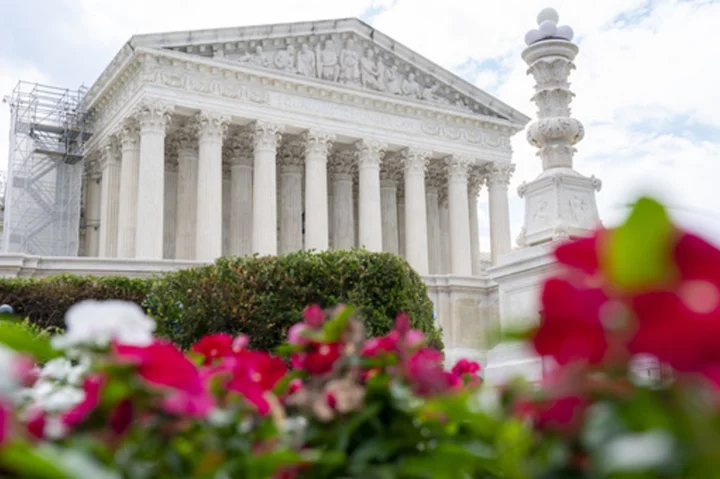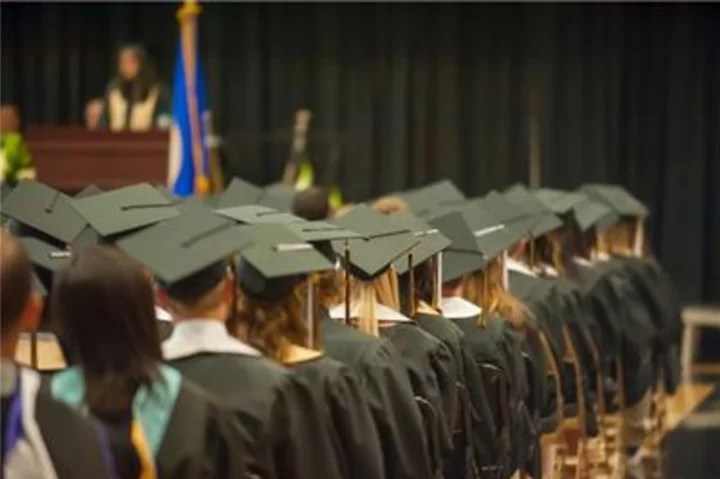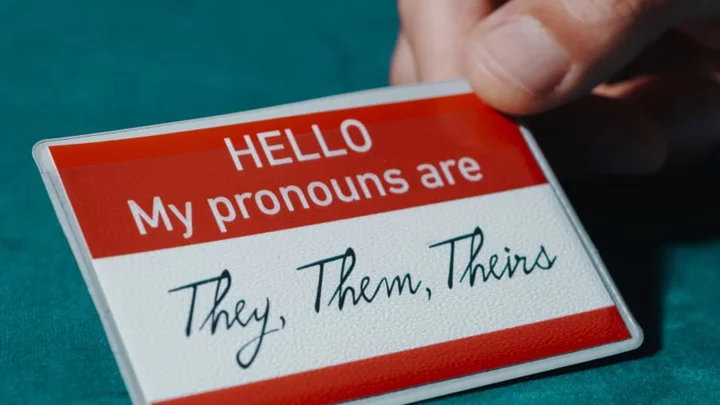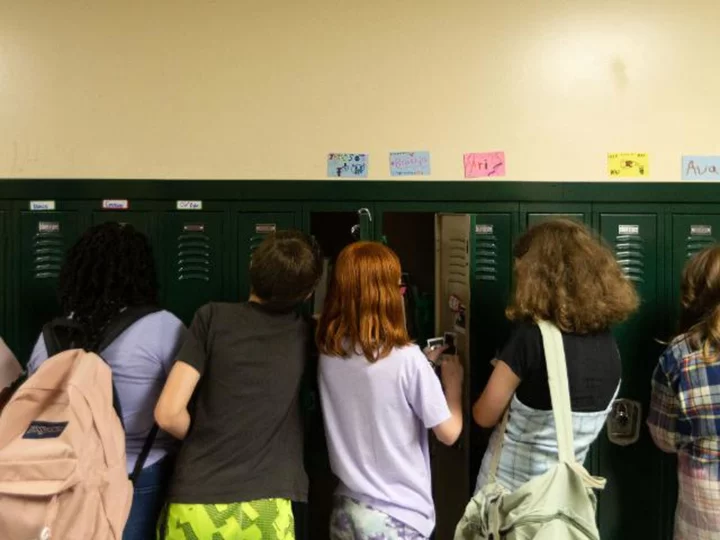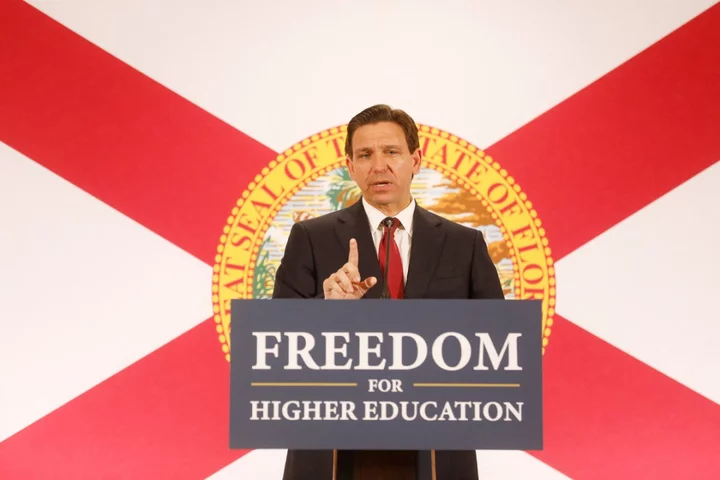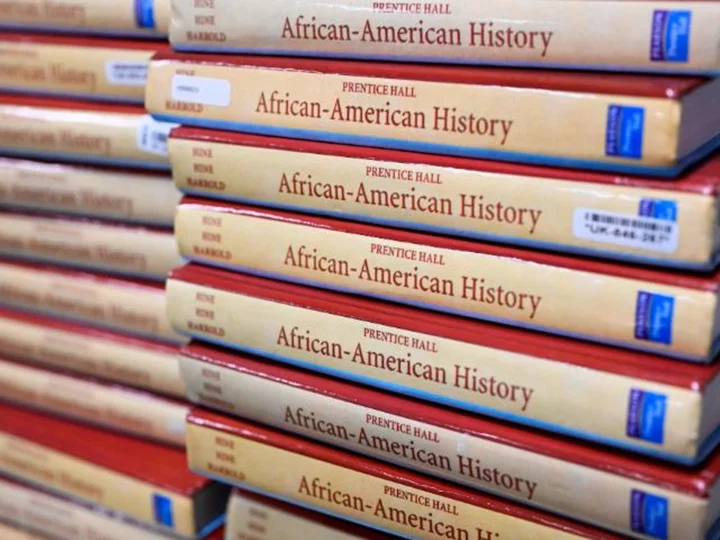Bonnie Peltier was at her daughter's kindergarten orientation in North Carolina when she learned all girls at the charter school must wear skirts.
“I was stunned," Peltier said. ”I’m looking around the room at the other parents and nobody seemed to mind. And I was like, ‘I can’t be the only one who thinks this is crazy.’"
Peltier began researching the law that evening, embarking on a legal journey that spanned eight years and came to involve two other students and the American Civil Liberties Union. It ended Monday when the U.S. Supreme Court denied a request by Charter Day School to review its skirt requirement, which a lower court struck down last year.
“Little girls don’t know how to sit like a lady,” Peltier said, adding that skirts were impractical for various school activities, including sitting on the floor during reading time.
The family now lives in Myrle Beach, South Carolina, where Peltier's daughter is in eighth grade, earning As and taking honors classes.
“And she wears pants,” Peltier said.
Charter Day School, which is in eastern North Carolina, had required girls to wear skirts, jumpers or skorts, except on gym days. Baker Mitchell, who founded the school, said in a statement he was disappointed by the Supreme Court's denial.
Mitchell warned that leaving in place the ruling against the dress code threatens charter schools' autonomy, “subjecting them to the same rules, regulations, and political machinations that have crippled government-run school systems.”
Mitchell said his charter schools, now called Classical Charter Schools of America, have been recognized as a “gap buster” for racial and income disparities in test scores through innovations and unique policies.
Baker told The Associated Press in 2021 he founded a “school of choice” with a classical curriculum that was very traditional, promoting chivalry and respect.
“We want boys to be boys and girls to be girls and have mutual respect for each other," he said. "We want boys to carry the umbrella for girls and open doors for them ... and we want to start teaching that in grammar school.”
The Supreme Court let stand an appellate ruling that the dress code violated female students’ equal protection rights, while perpetuating stereotypes that had “potentially devastating consequences for young girls.”
The school based its policy on the view that girls are “fragile vessels” deserving of “gentle” treatment by boys, the appeals court stated. Because public charter schools receive public funds, the lower court said they are “state actors” and subject to the Constitution's equal protection clause.
If the school “wishes to continue engaging in this discriminatory practice, (it) must do so as a private school,” the majority of the 4th Circuit Court of Appeals said.
The Supreme Court's denial was a significant win for those who have long held that charter schools are, by their very nature, public institutions. But the debate over whether privately run charter schools can forgo constitutional protections, often in the name of innovation, is far from settled.
“The Supreme Court kicked the can down the road,” said Preston Green, a professor of education and law at the University of Connecticut. “Stay tuned. More to come.”
For example, a state school board in Oklahoma approved what would be the first publicly funded religious school in the nation earlier this month, despite warnings that it's unconstitutional. And the 9th Circuit Court of Appeals ruled in 2010 that an Arizona charter school was not a state actor in a case involving a gym teacher who was terminated.
Ten states — including South Carolina, Tennessee and Texas — had asked the Supreme Court to take up Charter Day School's appeal. They argued that charter schools are designed to encourage innovation and diversity, while helping students who are underserved by traditional public schools.
“The question presented in this case ... warrants this court’s attention because it may dictate whether such schools can continue to exist,” the states wrote in October.
The Biden Administration also weighed in through the Solicitor General, asking the Supreme Court to deny the request: “North Carolina law establishes those schools as ‘public school(s)’ that are open to the same students as the state’s traditional public schools.”
Ember Reichgott Junge, a former Minnesota state senator who authored the nation's first charter school law in 1991, told The Associated Press that “folks on the left and on the right have tried to make charter schools something they are not.”
“On the left, they’ve tried to make them more like district schools. And on the right, we’re seeing this push towards bringing a religious curriculum,” said Reichgott Junge, who helped start the National Charter Schools Founders Library, which documents the origins and growth of the charter school movement.
Charter schools were created to provide public school choice with independence outside the traditional district structure, Reichgott Junge said. But they were “always public schools protected by the U.S. Constitution.”
Jennesa Calvo-Friedman, an ACLU staff attorney, said only a minority of charter schools believe they are not public schools bound by various legal protections.
“This hasn’t been an issue that has been litigated all that much, in part because it hasn’t really been a question,” Calvo-Friedman added.
Peltier said she always thought her case would prevail.
“It was so obvious to me that this was just a ridiculous thing to ask a girl to do,” Peltier said.

